Joseph Sifakis
December 6, 2023, at 4 PM
Online (Zoom)
Abstract
We discuss the adequacy of system intelligence tests and practical problems raised by their implementation. We propose the replacement test as the ability of a system to replace successfully another system performing a task in a given context. We show how this test can be used to compare aspects of human and machine intelligence that cannot be taken into account by the Turing test. We argue that building systems passing the replacement test involves a series of technical problems that are outside the scope of current AI. We present a framework for implementing the proposed test and validating system properties. We discuss the inherent limitations of AI system validation and advocate new theoretical foundations for extending existing rigorous test methods.
We suggest that the replacement test, based on the complementarity of skills between human and machine, can lead to a multitude of intelligence concepts reflecting the ability to combine data-based and symbolic knowledge to varying degrees.
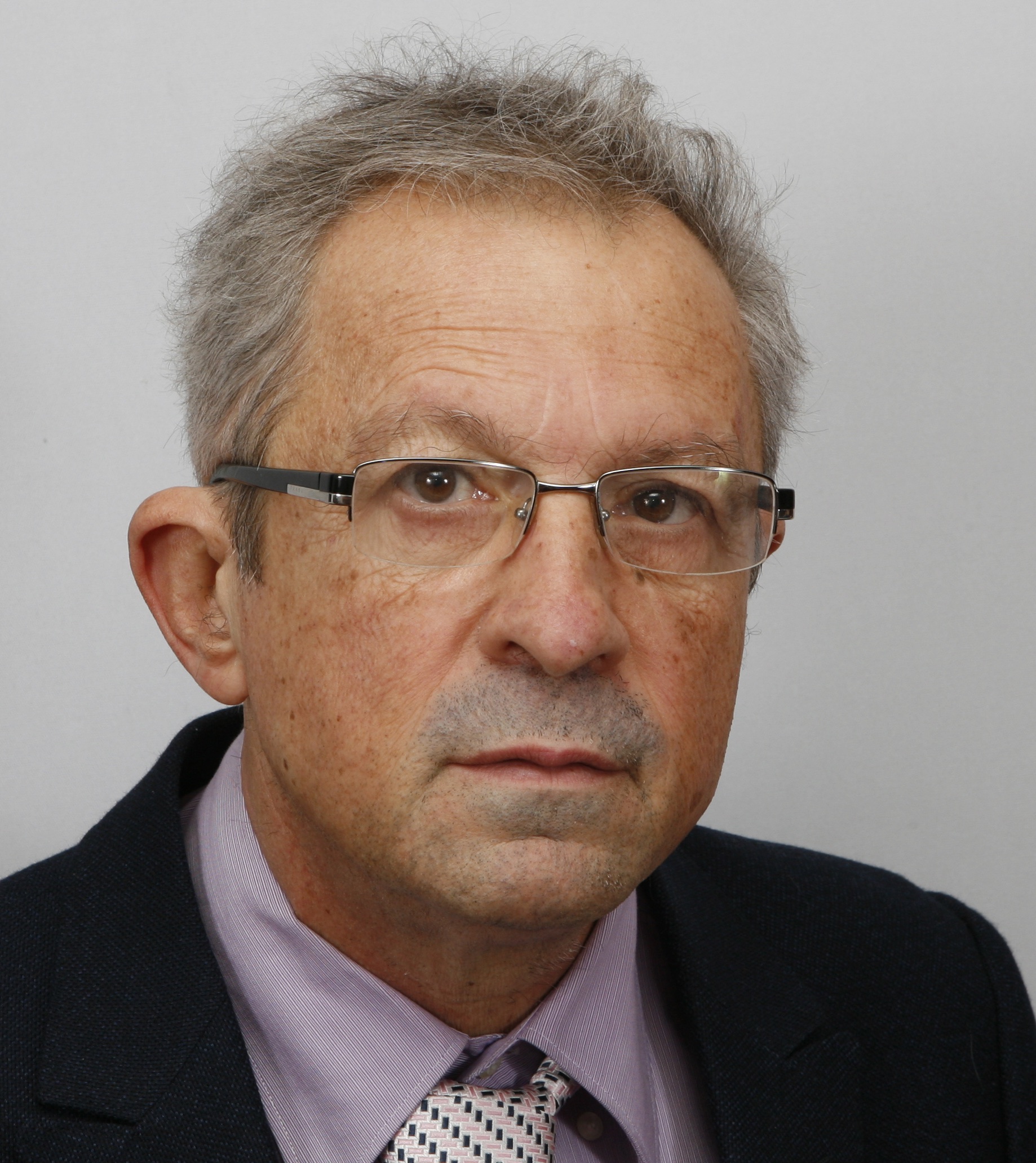
Prof. Joseph Sifakis
(Verimag, CNRS)
Professor Joseph Sifakis is Emeritus Research Director at Verimag. He has been a full professor at Ecole Polytechnique Fédérale de Lausanne (EPFL) for the period 2011-2016. He is the founder of the Verimag laboratory in Grenoble, a leading laboratory in the area of safety critical systems that he directed for 13 years.
Joseph Sifakis has made significant and internationally recognized contributions to the design of trustworthy systems in many application areas, including avionics and space systems, telecommunications, and production systems. His current research focuses on autonomous systems, in particular self-driving cars and autonomous telecommunication systems. In 2007, he received the Turing Award, recognized as the “highest distinction in computer science”, for his contribution to the theory and application of model checking, the most widely used system verification technique.
Joseph Sifakis is a member of six academies and a frequent speaker at international scientific, technical and public forums.
Other distinguished lectures
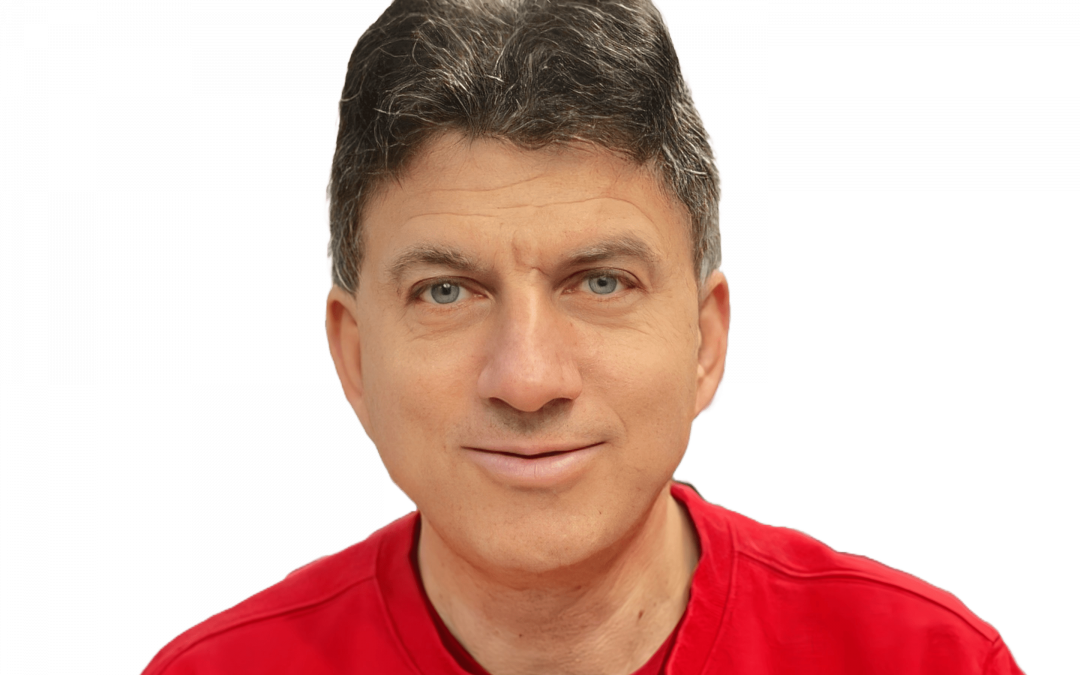
Nikos Paragios – Seeing the Invisible – Doing the Impossible: Reinventing Healthcare with Generative AI-powered diagnosis, treatment and beyond
Nikos ParagiosDecember 04, 2024Vulpian Amphitheater, 12 rue de l’École de Médecine (75006 Paris) Nikos Paragios (52) is distinguished professor of Mathematics (on partial leave) at Ecole CentraleSupelec, the school of engineering ofthe University of Paris-Saclay and...
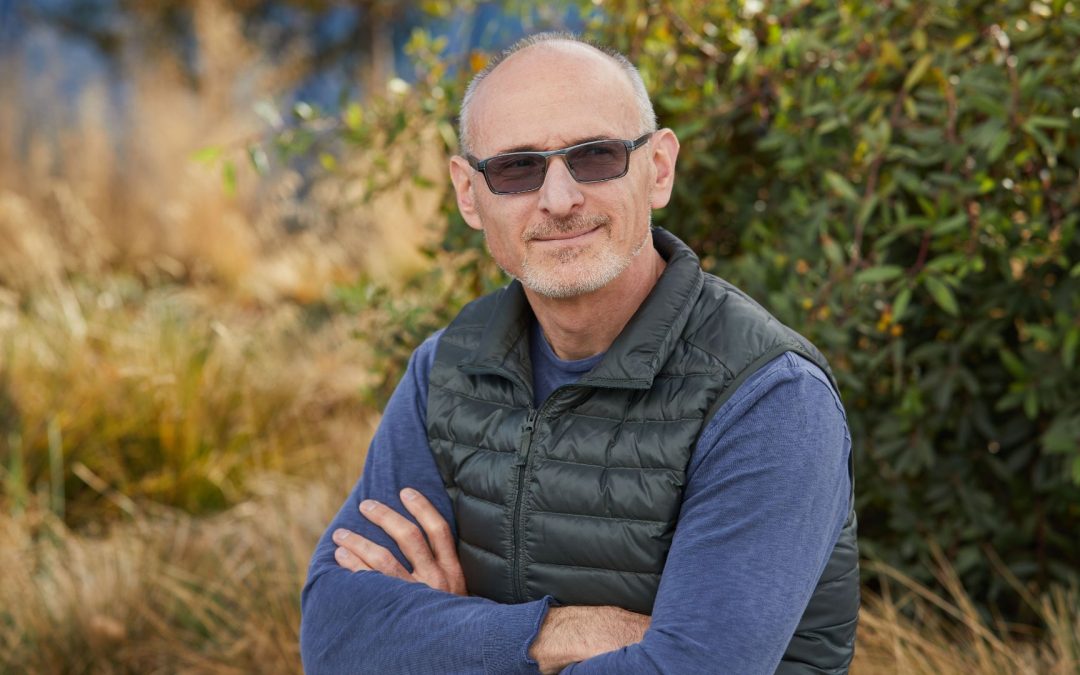
Alon Halevy – Well-being, AI, and You: Developing AI-based Technology for Well-being
Alon HalevyDecember 04, 2024Vulpian Amphitheater, 12 rue de l’École de Médecine (75006 Paris) Alon Halevy is a Distinguished Engineer in Google Cloud. From 2019 until November 2023, he was a director at Meta’s Reality Labs Research, where he worked on Personal Digital...
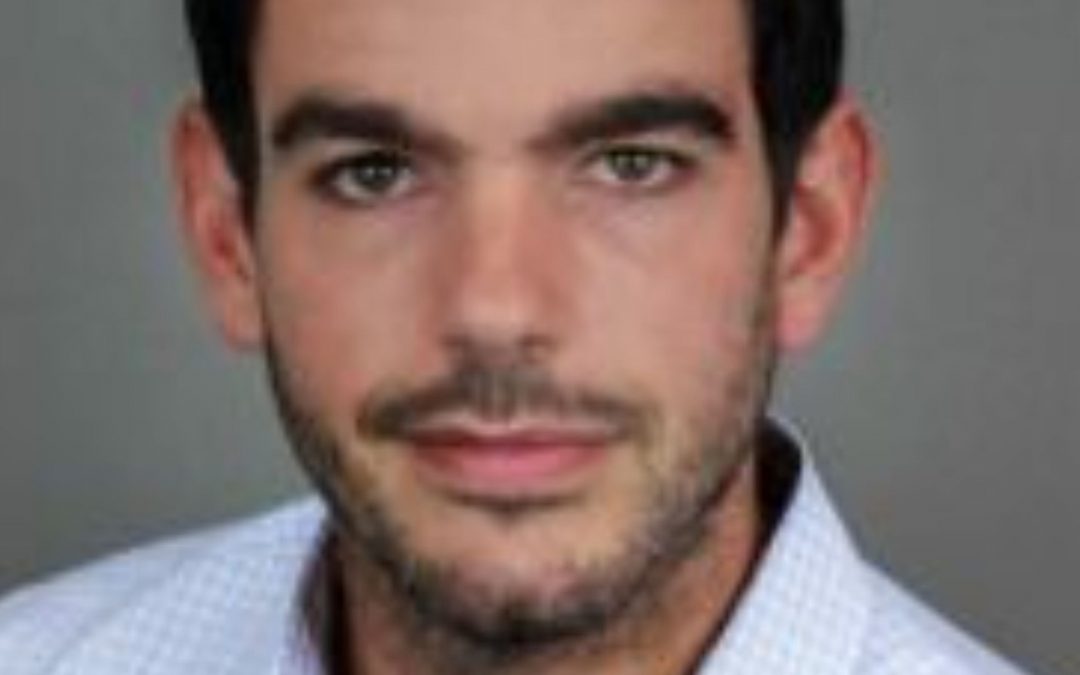
Kimon Drakopoulos – Deploying a Data-Driven COVID-19 Screening Policy
Kimon Drakopoulos May 5, 2021, at 4 PM Online (Zoom) Abstract In collaboration with the Greek government, we designed and deployed a nation-wide COVID-19 screening protocol for travelers to Greece. The goals of the protocol were to combine limited...
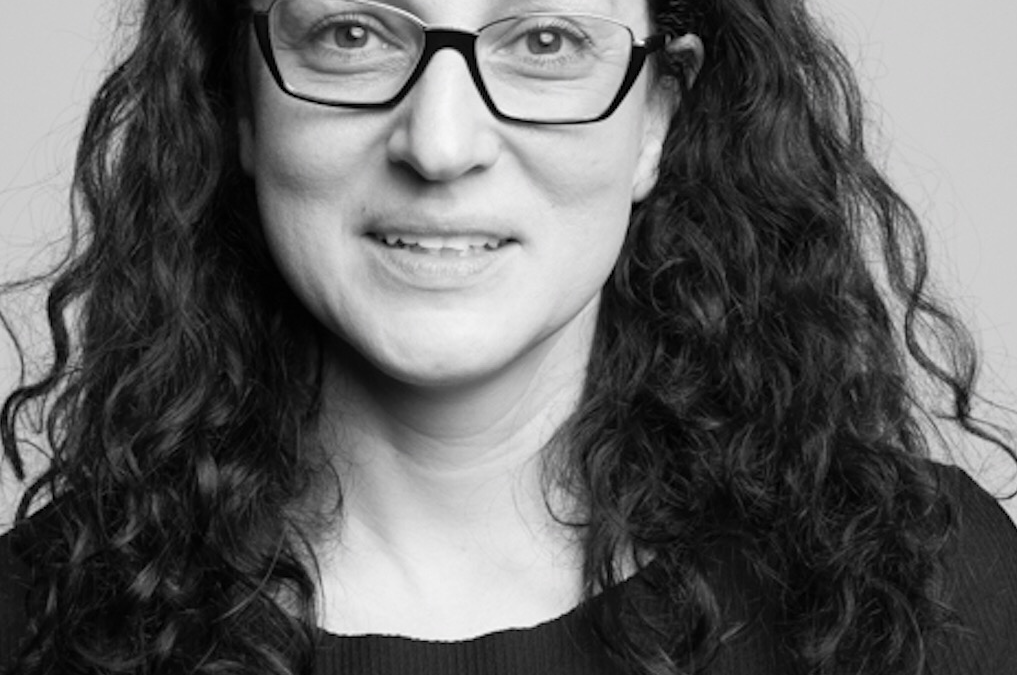
Julia Stoyanovich – Building Data Equity Systems
Christopher Messenger April 6, 2022, at 4 PM Online (Zoom) Abstract Equity as a social concept — treating people differently depending on their endowments and needs to provide equality of outcome rather than equality of treatment — lends a unifying...
